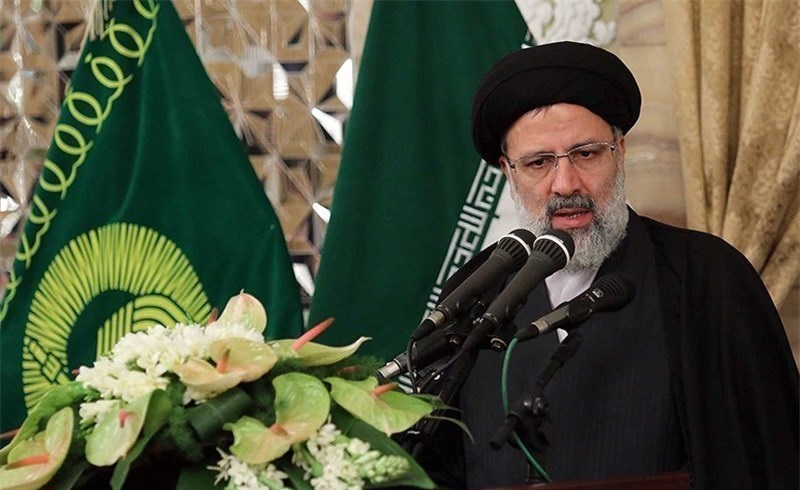The election, on March 12, of hardline Islamist cleric, Ebrahim Raisi, as the deputy chief of the 88-member Assembly of Experts, the body responsible for choosing the supreme leader of the country, has led to much furore. On March 7, he had also been appointed as the chief of the judiciary in Iran. He is widely regarded as a brutal oppressor by sections of the political spectrum and the people of the country because of his involvement in mass executions and the purge of political opponents.
The appointment also acquires added significance as Raisi is a strong contender to succeed Ali Khamenei as the supreme leader of Iran.
Raisi was part of the notorious four-member judicial commission dubbed as the ‘death commission’, which oversaw the imprisonment and execution of thousands of political opponents who rebelled against the theocratic regime in the late 1980s. The execution of Iranian political prisoners started on July 19, 1988 and lasted for approximately five months. The majority of those killed were supporters of the People’s Mojahedin Organization of Iran (MEK) and supporters of leftist factions, including the Fedaian and the Tudeh Party of Iran (Communist Party).
The MEK, an active participant in the Iranian Revolution that ousted Shah Mohammad Reza Pahlavi in 1979, developed deep disagreements with the theocratic regime of Ayatollah Khomeini after the revolution. The MEK also attempted to destabilize and overthrow the government during the Iran-Iraq war of the 1980s. The Iranian government called this treason and unleashed heavy repression on the organization and critics of the government. It also utilized this opportunity to crush other leftist groups, including the Tudeh Party, by incarcerating and executing its activists.
The Tudeh Party condemned the appointment and said, “To put Ebrahim Raisi on the seat of the Iranian judiciary and to hold a person in such a sensitive and vital position, who was instrumental in one of the most extensive crimes in contemporary Iranian history, contains a clear message about the nature of government”.
The party called the appointment an ”inhuman act, a great insult to the families of the thousands who got killed in the purge and a serious warning to all progressive forces.” It said the regime was preparing for a massive repression of any protest and called for the “unity of action and solidarity of all the popular forces” to resist the security objectives of the Islamist regime.
In 2017, Raisi has contested the Iranian presidential elections as a candidate of the Popular Front of Islamic Revolution Forces’ but lost to the incumbent president Hassan Rouhani.





